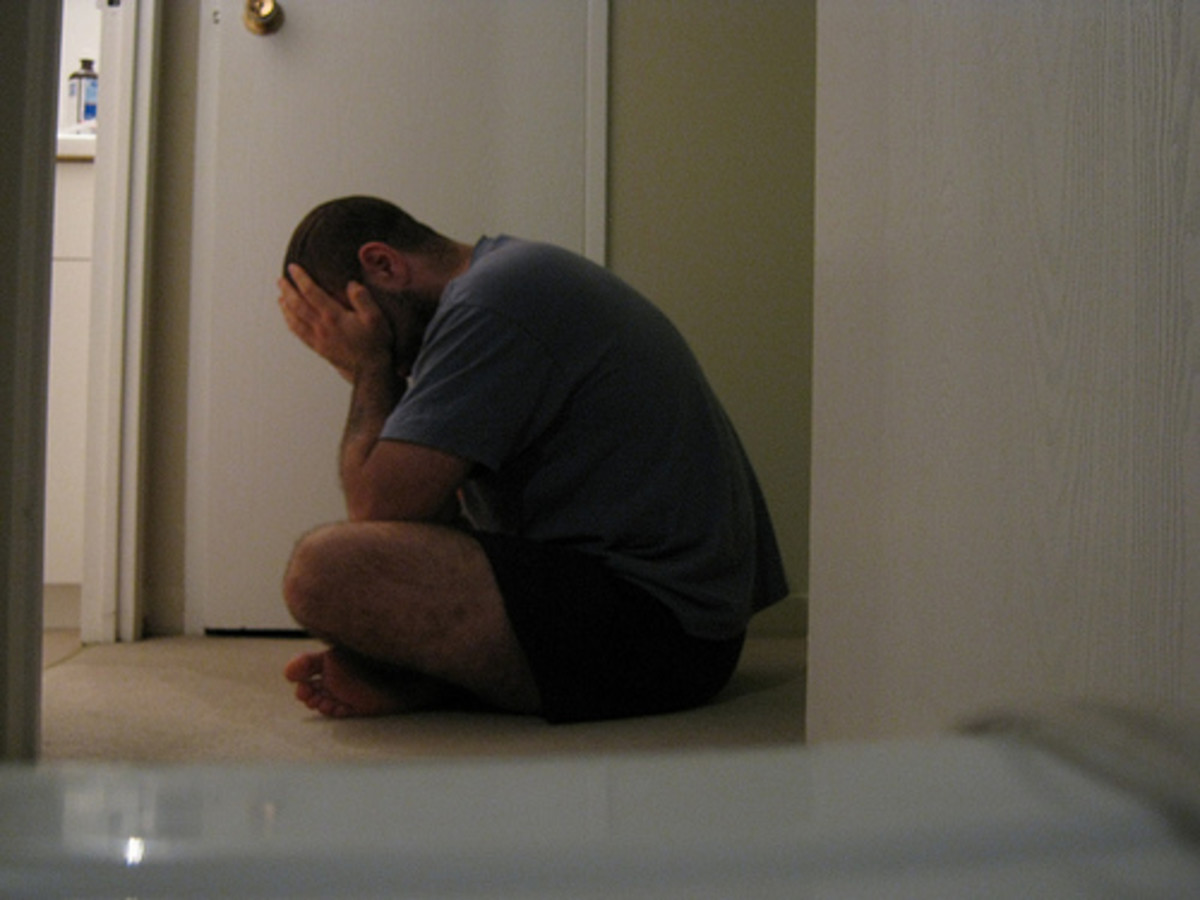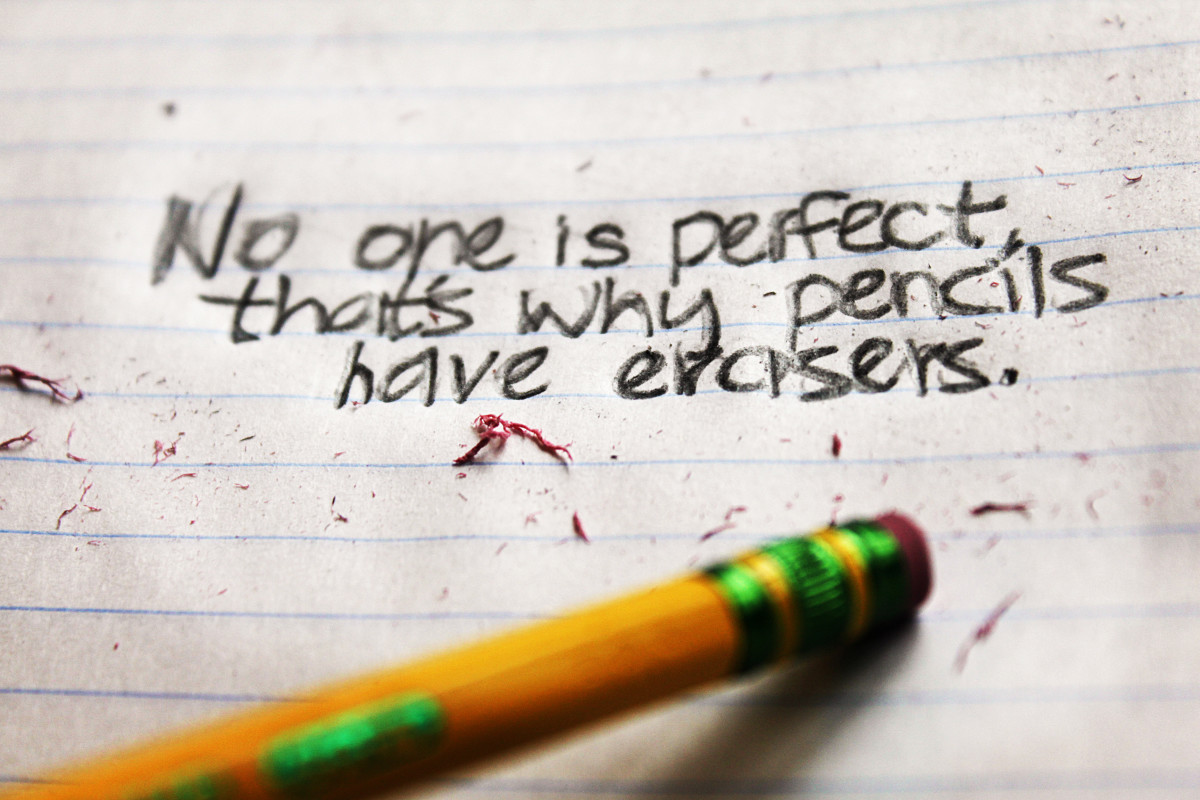Understanding Depression: Facts and Strategies How to Overcome Depression
About Depression
Depression is a curable illness.
It is often seen as a lack of will or self-discipline or as a reaction on unfavorable events or situations in life. Sometimes people with depression are perceived as lazy or weak by uninformed part of society. These opinions are not truth.
Depression is a state of mood which affects a lot of areas of life. It can influence behavior, thoughts, feelings and emotions. It influences one’s point of view – on oneself and on the world. It’s a deep intervention into one’s life which influence not only his/her life but it also influences lives of people around him/her – family, friends, colleagues.
Depression is more intensive and deeper than ordinary sadness, it lasts longer, too. Depression occurs more often at women and middle-aged people are more endangered as well.
Depression is accompanied with typical symptoms:
- Persisting sad or anxious mood
- Despair, pessimism and helplessness
- Feelings of guilt, loss of meaning of life
- Loss of interests and hobbies
- Loss of interest in sex
- Insomnia, wakefulness or on the other hand excessive sleepiness
- Loss of taste or on the other hand overeating
- Decrease of energy
- Suicidal thoughts
- Uneasiness, problems with memory
- Physical symptoms: headache, indigestion, stiffness of muscles, pressure on chest
Forms and Kinds of Depression
We can divide depression into four forms:
- Mild depression – one is able to work and live an ordinary life, everything is just a little bit slower; person with this kind of depression can be treated as an outpatient
- Medium depression – a person with that form of depression has lack of energy and loses concentration, he/she also isolates himself/herself from other people and has problems with daily living
- Serious depression – one is not able to take care of himself/herself, there is also mood disturbance
- Melancholy – in this form of depression suicidal thoughts and delusions appear
There are also a lot of different kinds of depression. It can be a single depressive episode or depressive disorder, which is typical for its recurrent depressive episodes. There is also a state of mind called dysthymia. This kind of depression is chronical disorder of mood which manifests as a loss of ability to feel joy.
Other depressive disorders are: bipolar disorder (depressive episode changes with manic episode), seasonal affective disorder (occurs mostly in the beginning of winter), mixed anxious-depressive disorder, etc.
Depression can occur after a certain situation in life. Well-known are for example post-natal depressions or depressions in menopause. Depressions may occur even at elderly people or at people who became physically disabled.
Following situations can be considered as high-risk factors for origin of depression: menopause, becoming a widow/widower, retirement, maternity leave; loneliness, poverty, different nationality or important life turning points as puberty.
Depression

Cognitive Distortions in Depression
People who suffer from depression have often suggesting thoughts (which are mostly called cognitive distortions). Thank to these thoughts, people with depression pick a certain detail in some situation and ignore other important things around them. It also influences a logical perceiving of situations around them.
Cognitive distortions are:
- Catastrophizing – the worst case scenarios
- Overgeneralization – one unpleasant or unsuccessful event is generalized to every situation
- Disqualification of positive – every positive or neutral situation is turned into negative one
- Selective thinking – picking details from a whole
- Personalization – one relates everything (every situation, every saying) to himself/herself
- Global labeling – extreme generalization
- Jumping to conclusions – a person creates negative opinions based on behavior of others
- Shoulds – one says to himself/herself what he/she should do
- Polarized thinking – one sees things only from a “white” or “black” perspective
- Emotion reasoning – what a person feels is more important than what is logical
Medical Treatment of Depression
Depression is often treated with drugs (antidepressants mostly, but sometimes anxiolytics are used as well) and psychotherapy. Using both of those methods simultaneously (drugs and psychotherapy) is quite common.
Medical treatment can be divided into three categories:
- Acute – often used when attack of depression occurs; its goal is to get rid of the most threatening symptoms (this treatment lasts for three months)
- Maintenance – this treatment continues after acute treatment for another six to nine months; its goal is to keep improvement
- Prophylactic (or preventive) – this kind of treatment can last for the rest of one’s life (taking drugs can be necessary in order to avoid experiencing other depressive episodes)
An effect of taking antidepressants is often not immediate. It can take a few weeks to have effect. Also, since everyone is individual, not every antidepressant suits everyone – a doctor must find a right antidepressant for a person with depression.
Giving Hope

Part of the medical treatment of depression is psychotherapy.
Psychotherapy uses a lot of psychological methods which help people with depression to understand their illness (its nature and impact on daily living), help to reduce symptoms, restore values, provide support, help to find self-confidence, help to find a way how to take control over one’s life and help to solve problems and difficult life situations.
Psychotherapy can be provided individually, in a group or as a family or partnership meetings. Cognitive-behavioral therapy proved as very useful and effective at people who suffer from depression. Cognitive-behavioral therapy also helps with illness understanding; it reduces depressive thinking and helps to improve communication with surrounding as well.
For people who don’t want or can’t attend professional cognitive-behavioral therapy, there is a very useful workbook – The Cognitive Behavioral Workbook for Depression: A Step-by-step Program by William J. Knaus and Albert Ellis.
Strategies and Possibilities How to Overcome Depression
Success at overcoming depression lies within gradual increase of activity. Since people with depression suffer from inability to perform daily living activities and every single activity is exhausting, this point is essential.
There are two important steps which help to increase activity:
- Self-observation – while writing down an amount of daily activities, a person can realize that he/she actually does a lot of things during a day (although there can be problems with underestimating of self)
- Planning – it helps with schedule of a day (it’s also important to write down what we managed to do – that doesn’t mean that not accomplishing everything is bad)
Another important strategy for overcoming depression is fulfilling practical tasks. This step is closely connected to cognitive-behavioral therapy, but there is a small exercise you can try even without practicing cognitive-behavioral therapy.
Make a list of tasks you postponed. Give these tasks numbers according to their importance. Choose a first task and divide it into parts. Go through this chosen task in your mind, step by step. Write down all negative thoughts. Do the task step by step. Write down everything you’ve done so far. Focus on successes. Move to another task.
Relaxation

Other important strategies how to overcome depression are relaxation and imagination.
Relaxation is a method which helps a person to relax his/her body and mind. It is connected with experiencing calm, equalization and inner silence. It helps to increase resistance to stress, allows recovering one’s strength and energy, gets rid of tension, increases ability to focus and harmonize psychical functions.
Relaxation includes a lot of techniques such as: deep breathing, meditation, yoga or qigong (Chinese spiritual practice). Relaxation can also be walking, gardening or any other form of activity which brings joy and relaxation to a person.
Imagination is the ability to see images in mind. It can help with solving problems and can be used while fighting against depression.
Except methods mentioned above, there are other strategies which can be really helpful for people suffering from depression. For example:
- Regimen – it includes enough sleep, adequate eating and avoiding alcohol and other narcotics
- Daily regime – it’s important to consider biorhythms
- Self-knowledge – first, a person needs to know himself/herself in order to develop
Although it can be difficult, a person with depression shouldn’t forget about his/her family and friends who are often around trying to support depressive person. Even if depressive person can’t recognize it, family and friends are essential while overcoming depression. They can provide the best support.








